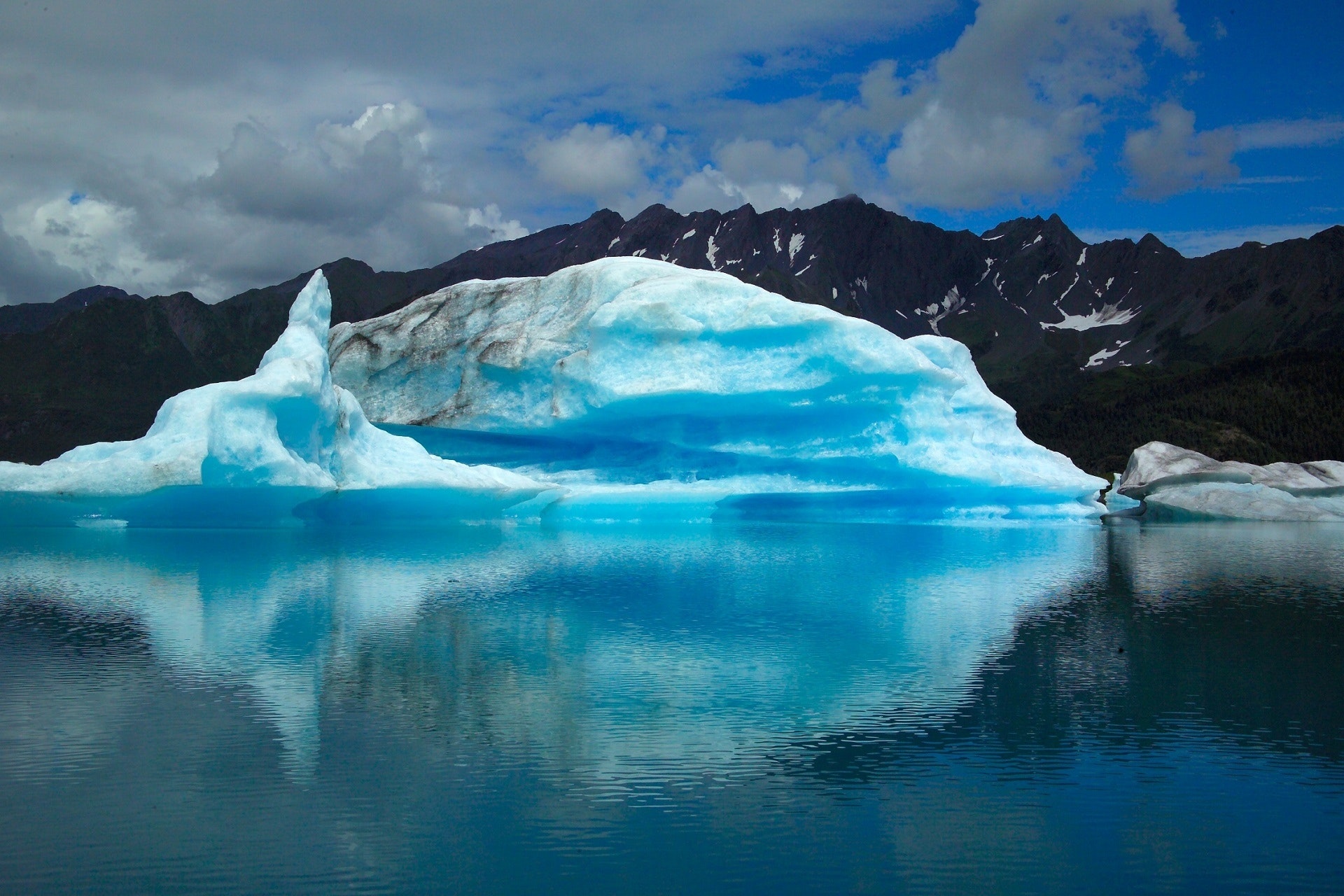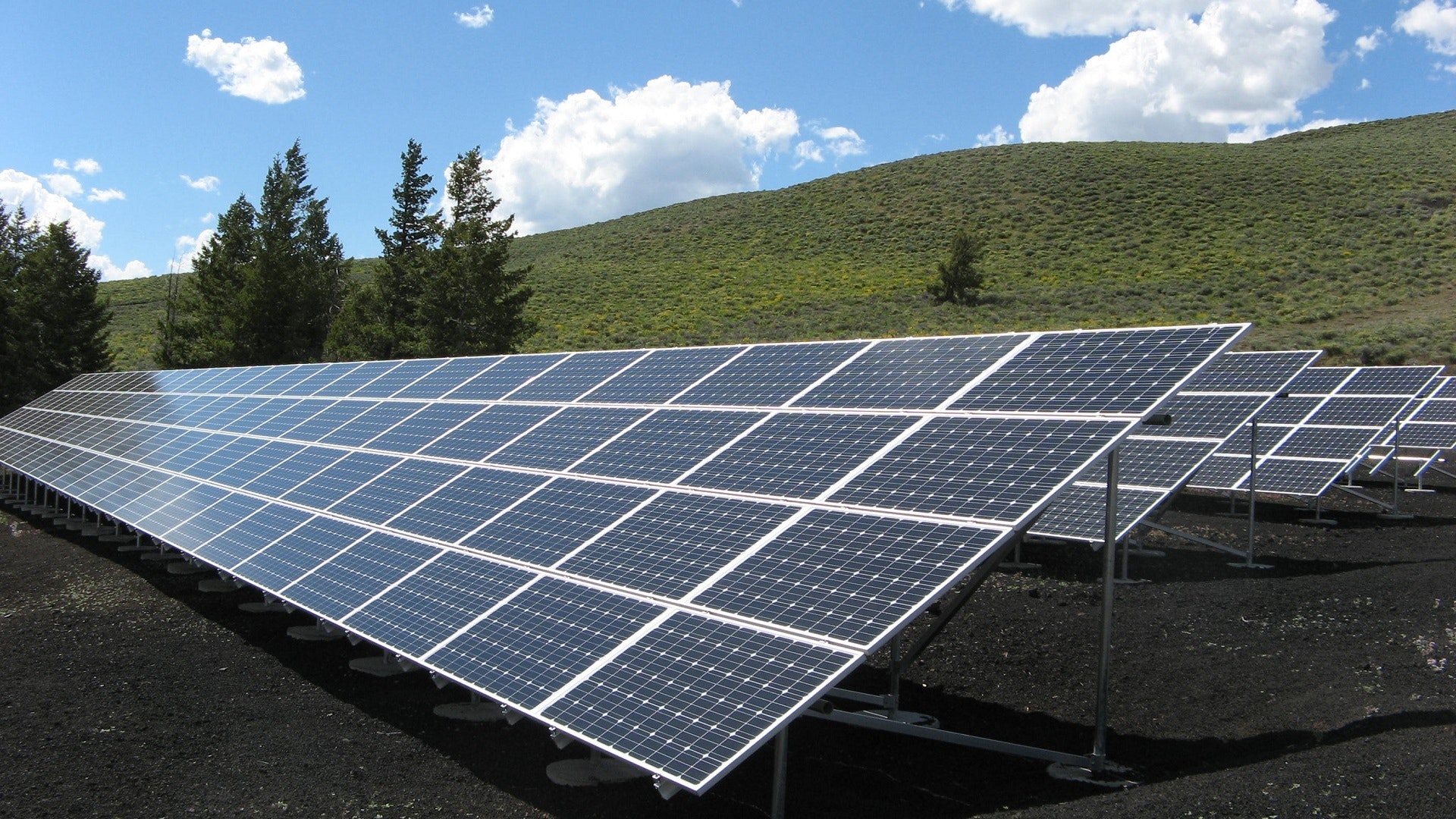 As we continue to explore the topic of content worth sharing, with the goal of helping your company use brand storytelling to stand out, we were inspired by an episode of Colorado Matters playing in the office Friday. “The Climate Change Variety Hour” was previously recorded in April and featured conversations with scientists, economists, a climate comedian, a local, climate-conscious hip hop band named Flobots and others. But of particular interest was a credentialed Climate Change Therapist who helped listeners deal with their most troubling “climate confessions.” Our key takeaway was the struggle that many consumers face – especially those recently entering the workforce – between living a fulfilling life and being environmentally-conscious is radically changing the way they buy. Especially when it comes to discretionary spending in non/alcoholic and functional beverages from companies that have a position on sustainability.
As we continue to explore the topic of content worth sharing, with the goal of helping your company use brand storytelling to stand out, we were inspired by an episode of Colorado Matters playing in the office Friday. “The Climate Change Variety Hour” was previously recorded in April and featured conversations with scientists, economists, a climate comedian, a local, climate-conscious hip hop band named Flobots and others. But of particular interest was a credentialed Climate Change Therapist who helped listeners deal with their most troubling “climate confessions.” Our key takeaway was the struggle that many consumers face – especially those recently entering the workforce – between living a fulfilling life and being environmentally-conscious is radically changing the way they buy. Especially when it comes to discretionary spending in non/alcoholic and functional beverages from companies that have a position on sustainability.
Today we’re going to spend a little time talking about what role [authentic] sustainability or stewardship messaging plays in successful brand storytelling and why it matters.
- summary
- the basics – who cares?!
- getting crafty – designing your sustainability story
- behind-the-curtain – examples from great brands
summary
Consumers of craft beverages want transparency from their brands, especially when it comes to the environment and their future. Combine that with a prevalent attitude shift towards living a more meaningful and purposeful life and you have a profoundly different definition of success and compass for how to navigate there. To the extent craft beverage brands already have taken steps to reduce their footprint, excellent! Let’s help those customers who value your efforts discover you more quickly. And for those scratching their heads on where to start, well we’ve got some recos there, too.
the basics – who cares?!
 After visiting Alaska with my family in 2007, I set out to understand my individual impact on the Earth’s atmosphere. Nerd alert: here is the report that I presented to them over the holidays in 2008. Point being, after learning about climate change I took a personal position on it and significantly changed my consumption behavior. Unfortunately, the change didn’t negate emissions from work and personal travel so I ended up buying carbon offset credits. That was a decade ago, and sensitivity to the real danger of climate change is exponentially greater today than it ever has been, affecting spending habits drastically. Listeners told similar stories to the climate panel during the Public Radio broadcast, confessing to wasteful and unnecessary consumption and questioning life choices. We’ve all experienced some version of the guilt they’re feeling, causing us to pause or think twice about a product or service that doesn’t quite “feel good” to buy or use. Truth is, the state of the environment is now interwoven into our value system, influencing decisions to start a family, travel, purchase and consume goods, and many others. Companies that don’t adopt and enforce a credible position on sustainability will ultimately disengage consumers, resulting in significant social and financial impact.
After visiting Alaska with my family in 2007, I set out to understand my individual impact on the Earth’s atmosphere. Nerd alert: here is the report that I presented to them over the holidays in 2008. Point being, after learning about climate change I took a personal position on it and significantly changed my consumption behavior. Unfortunately, the change didn’t negate emissions from work and personal travel so I ended up buying carbon offset credits. That was a decade ago, and sensitivity to the real danger of climate change is exponentially greater today than it ever has been, affecting spending habits drastically. Listeners told similar stories to the climate panel during the Public Radio broadcast, confessing to wasteful and unnecessary consumption and questioning life choices. We’ve all experienced some version of the guilt they’re feeling, causing us to pause or think twice about a product or service that doesn’t quite “feel good” to buy or use. Truth is, the state of the environment is now interwoven into our value system, influencing decisions to start a family, travel, purchase and consume goods, and many others. Companies that don’t adopt and enforce a credible position on sustainability will ultimately disengage consumers, resulting in significant social and financial impact.
getting crafty – designing your sustainability story
Last time we spoke about the “cues” that we can provide customers that will clear the pathway to discovery and experience with your craft beverage brand. One such cue is the company mission – or the business value created when we have a fully-engaged audience. Together with the company vision you have the makings of an authentic, differentiated brand story that you can share via marketing to drive traffic, increase interactions and capture new sales for your company.
 If your business has already taken a position on climate change and what can be done to reduce it, congratulations! It’s a great start and we challenge you to see what more you can do. But to what extent have you included thoughtful, transparent messaging about your efforts to customers? Is it limited to a page on the website and a talking point on the tour of the facility? We’re not being critical here, just trying to point out that there is a way to communicate your environmental stewardship in a respectful, appropriate way. Does it:
If your business has already taken a position on climate change and what can be done to reduce it, congratulations! It’s a great start and we challenge you to see what more you can do. But to what extent have you included thoughtful, transparent messaging about your efforts to customers? Is it limited to a page on the website and a talking point on the tour of the facility? We’re not being critical here, just trying to point out that there is a way to communicate your environmental stewardship in a respectful, appropriate way. Does it:
- Determine the company’s direction
- Focus the company’s future
- Provide a template for decision-making
- Form the basis for alignment
- Welcome helpful change
- Shape strategy
- Facilitate evaluation and improvement
Very few companies are able to embrace all of these criteria for creating impactful mission statements. We discussed the work that Patagonia has done shaping a brand narrative, and their customer loyalty is some of the most passionate we’ve ever witnessed. Many craft beverage brands are forever in startup mode, which can lead to a narrow product focus out of necessity more than anything. A high school classmate of mine, Kevin Wilhelm, is CEO of Sustainable Business Consulting in Seattle, WA. His team of “brand enhancers” strives to make companies better for customers and employees using sustainability. Rather than occasionally performing what he has called, “Random Acts of Greenness,” he identifies the 6 Keys to Successful Implementation of a brand’s sustainability efforts:
- Make it a priority
- Understand the process for change in your organization
- Engage employees at every level
- Codify the policies, systems and decision making to support it
- Align with all areas, including philanthropy, communications, marketing and sales
- Make it fun!
Once the sustainability component of your brand story is clearly defined, you can address the following building blocks of a successful marketing strategy for your craft beer brand: knowing how to talk with customers; defining content worth sharing; outsmarting the competition; building a marketing plan and budget; and identifying resources to execute.
Behind-the-curtain – examples from great brands
Many craft beverage brands have been recognized for their commitment to the customer and the environment. Truth is, unless you experience the story firsthand, most companies that receive press about their efforts are regionally- or more likely nationally-distributed. It’s not that they’re spending money necessarily for that exposure, however their efforts are of the scale that makes them best-in-class for a particular pursuit, like solar energy, reclamation, air quality, water treatment, etc. That should not discourage smaller craft beverage producers from doing everything possible to establish and support sustainable practices wherever possible/practical.
Here are some of our favorites across beverage categories (in alphabetical order):
Beer
- Allagash Brewing Company – Portland, Maine – has a goal of using 1 million pounds of locally-harvested ingredients by 2021.
- New Belgium Brewing Company – Fort Collins, Colorado – a Certified B Corporation (verified social and environmental performance, public transparency and legal accountability to balance profit and purpose) that funds outside conservation and alternative power nonprofits and closely monitors waste disposal and water usage.
- Sierra Nevada Brewing Company – Chico, California – their Mills River, NC, facility achieved LEED Platinum certification in 2016, and Chico boasts advances in biodiesel, composting, wastewater treatment, heat and CO2 recovery, energy efficiency, recycling, solar energy power and storage.
Wine
- Bonterra – Ukiah, California – a biodynamic winery that has also been certified organic for over 30 years, providing the tools and education needed for grower-partner conversion.
- Hedges Family Estate – Benton City, Washington – starting with biodynamics in 2006, they are one of a handful of wineries in the state committed to the practice.
- Napa Valley Vintners – Napa, California – the first North American Wine Trade Association to commit to Porto Protocol, which seeks to mitigate climate change.
- Red Tail Ridge – Finger Lakes, New York – in 2009 received the first LEED Gold certification in the state for their water conservation, solar energy use and geothermal energy practices.
(for a great breakdown of sustainability certifications, check out Kendall-Jackson’s website)
Spirits
- Five & 20 Spirits and Brewing – Westfield, New York – wastewater from the distillery is pumped into growth tanks for fish including speckled trout and Atlantic Salmon.
- Jack Daniel’s Distillery – Lynchburg, Tennessee – has an ambitious Zero Waste to Landfill goal of 99% recycle or reuse of materials sent from the distillery.
- Jim Beam/Beam Suntory – Chicago, Illinois – $60M invested to reduce environmental impacts since 2008 along with global efforts to provide safe drinking water to countries in need.
| We were sorry to hear the news of the fire in Woodford County, KY, that destroyed the Jim Beam warehouse in a blaze starting last Tuesday, July 2. A number of our team members have worked with the good folks at Beam over the years. |
Non-Alcoholic/Functional
- In 2018 leading bottled water and soft drink manufacturers announced goals to endure packaging is made from 100% recyclable or reusable materials by 2030.
- Coca-Cola Amatil recently started producing carbonated soft drink bottles made from 100% recycled plastic.
- PepsiCo announced plans to use 25% recycled content in plastic packaging by 2025.
Late last year Forbes published an article titled, “The World’s Most Reputable Companies for Corporate Responsibility.” While AB InBev made the list, along with a number of other parent organizations of craft beverages, it’s worth noting that while you may not always be acknowledged for your efforts in this area, your customers will appreciate that you did the right thing.
For more information or to conduct a review of your sustainability messaging as a part of your brand marketing efforts, visit marketyourcraft.com/brand-vibe.
MailChimp archive:
https://mailchi.mp/8cc13e20c89d/190709_sustainablemarketing?e=a83dcf3085
Download:
https://app.box.com/s/dtgy5hutlmlqso32najz0kmx1sxq2m7c